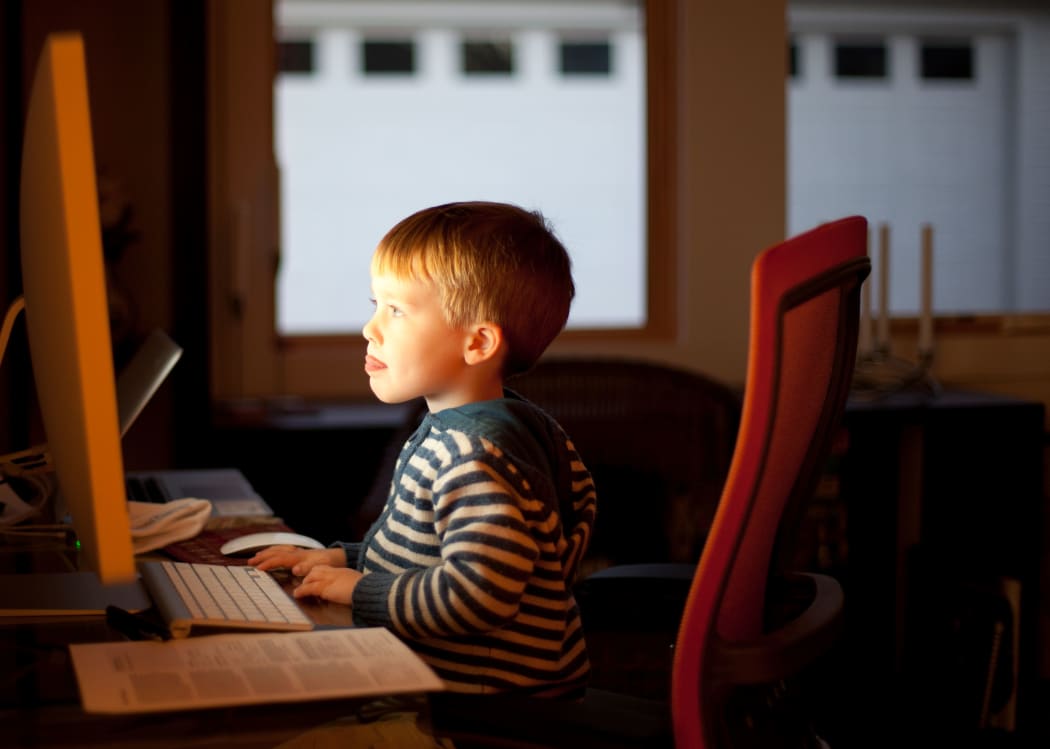Now that internet browsing is a part of daily life in many family homes, it’s important parents be interested, open and lead by example says Andrew Cowie, Netsafe board member and school deputy principal.

Photo: Flickr
Parents who aren’t mindful about how they behave online can get off on the wrong foot from the beginning, says Cowie.
Every time a child sees their parent unthinkingly click a ‘terms and conditions’ box without actually glancing at the terms and conditions, they send a message about accountability on the internet, he says.
It’s not a great leap for the child to conclude that it’s okay for them to falsely claim to be a certain age to access a site, he says.
Cowie is concerned that a child spending time alone on a device is now considered ‘downtime’ by some parents and he recommends children be encouraged to use their devices in common areas.
“Then if something comes up you can have the conversation there and you’re not promoting this culture of secrecy which is so easy to do with devices, especially if they’re personal devices.”
Often adults react to their child’s perceived overuse of a device, he says, and it’s good to have a chat about the child’s habits before reacting.
Take a friendly interest in what your kids are interested in.
“Unless we actually sit with our young people and learn about some of the things that excite them – whether that’s Pokémon Go or Minecraft – then we’re setting us up for problems further down the stretch. People are like ‘I’m gonna keep this stream separate from my parents because they don’t really understand it anyway’.
Off-line examples can be a good way to illustrate your safety concerns.
“Of course I’ll let you go to the dairy or the sports field on your own at a certain age because I know the path you’re going to take to get there. I know who you’re going to be with, I know who you’re probably going to meet.
“But when you’re online and you’re wandering down all kinds of different tracks on your own then of course I need to be able to know, not all of the time but to some degree, that you’re going to be safe and you’re make the right choices if you come across something that scares you, or is outrageous or concerns you in some way.”
Cowie says many kids use the word ‘bullying’ to describe any mean or insensitive behaviour, so conversations about what online bullying looks like and sounds like will help children recognise it when they come across it.
Adults must lead by example with their own devices to avoid hypocrisy and perpetuating a culture of secrecy, he says.
“When Mum or Dad sneak away and check their phones or quickly respond to an email, that convenience is a great thing for a lot of us who are running around, we have that flexibility, but what we haven’t done, on the other side is actually put some limits on ourselves.
“And then our kids are say ‘Well, if you’re going to sit me down and tell me that I’m restricted here and here while you sneak off into the kitchen and fire off a couple of emails…’
Cowie believes the way adults and children alike are using devices illustrates that humanity itself is “still in the teenage years”.
“We’re still quite impulsive, we’re still filling the air with a lot of junky stuff.”

